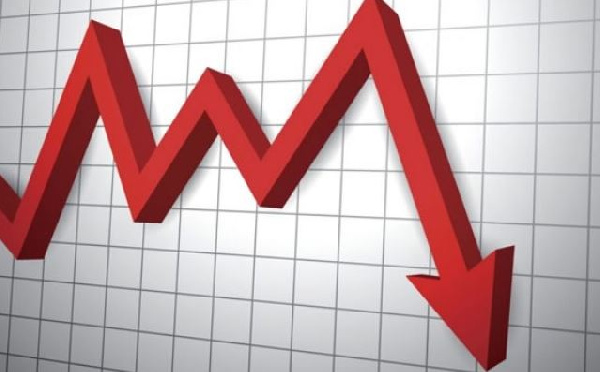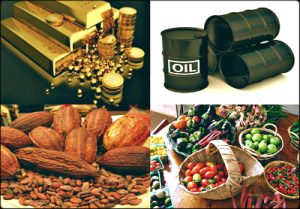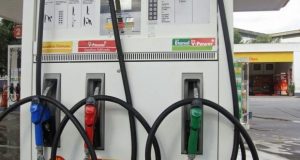The International Monetary Fund has revised the country’s end-year inflation rate from 8.7% to 9.8%.
But it still makes it one of the countries with the highest increases in prices of goods and services in the ECOWAS sub region.
According to the Fund, year-on-year inflation will however slow down to 7.5% next year.
This means the increase in overall prices of goods and services will be relatively low.
Already, interest rates on the money market have taken a nosedive, indicating a reflection of the lower inflation.
Lending rates are also expected to fall but marginally, a move that will encourage borrowing by the private sector to stimulate growth.
Again, it will boost the economy, hence encourage savings, investments, and also deepen the nation’s international competitiveness.
Despite the rate of inflation falling in the last couple of years, the country’s inflation is still high in the West African sub region.
Together with Liberia, Nigeria and Sierra Leone, the four countries have been recording inflation rates of more than 10%, a situation which has kept cost of credit relatively high.
Inflation shot up to 10.3% in February, fuelled by prices of some non- foods items. This was also as a result of imported inflation.
Inflation inches up to 10.3% in February 2021
Year-on-year inflation rate hit10.3% in February 2021, 0.4 percentage points higher than 9.9% recorded in January.
At the same time, month-on-month inflation between January and February 2021 was 0.8%, slightly lower than 0.9% in January 2021.
Among the sub-divisions, Housing, Water, Electricity and Gas recorded an inflation rate of 23.4%, up from 19.0% in January.
However, ‘Food and Non-Alcoholic Beverages’ recorded a rate of 12.3%, down from 12.8% in January.







